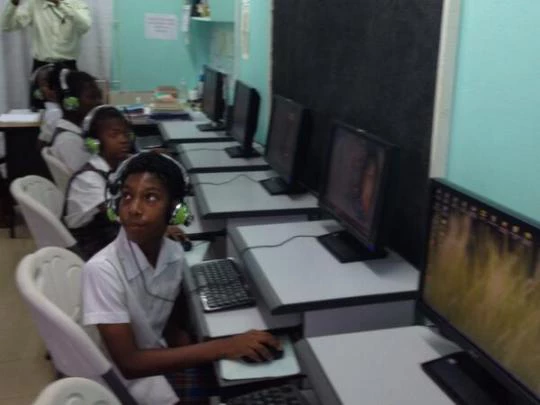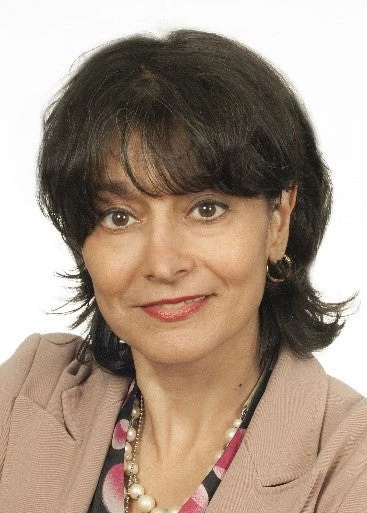
In Rwanda, an mHealth system dubbed TRACnet monitors epidemic diseases. TRACnet has been financed since 2004 by the Center for Disease Control in Atlanta and Rwanda's Ministry of Health, and has helped track HIV/AIDS, tuberculosis, and malaria. Health workers are equipped with a mobile phone and access TRACnet through SMS menu prompts, requiring them to document and monitor the status of patients in the health clinics under their jurisdiction. The system has helped create a registry of all health workers, their patients, rural clinic locations, staffing, assets, and medical supply inventories. Key factors in TRACnet’s success include sustained financing, scaling-up to all agents in all villages, and use by health workers in their daily work.
In Kenya, the open data movement has allowed creation of health maps to monitor the spread of diseases such as malaria. These applications combine the power of technology with the appeal of a simple-to-use map and the transparency of an open data platform. Any interested researcher or citizen can analyze the data and figure out the location of diseases, trends, and prevention strategies. In South Africa, patients get text message reminders to take their medication and schedule a check-up visit.
As Seth Berkley, CEO of the GAVI Alliance, wrote in a recent article, "Mobile communications can help bridge a huge knowledge gap and reimagine healthcare across Africa" (read more). Imagine the potential of scaling up these services to every citizen, and opening the data.
It is not only in Africa that technology is transforming health solutions for the poorest. I have been following the progress of India's RSBY program, a health insurance scheme that targets 120 million very poor people. Previously, they had no access to insurance and faced worsening health conditions, loss of income, and even death. Using biometric-enabled smart cards, the RSBY program identifies citizens who are eligible for the insurance services and helps them access hospitals or caregivers. Since the program was first rolled out in 2011, 5.3 million people have accessed health services that were previously unavailable to them.
Projects like these, which use ICTs to improve people's health, quality of life or education, speak directly to the World Bank Group’s goals of ending poverty by 2030 and boosting shared prosperity. Their systematic roll-out to targeted groups is generating lessons about the science of delivery, project management, and sustainability. And they have the potential to be replicated in other countries, in conjunction with other ICT-enabled programs, such as conditional cash transfers using mobile payments. In a recent crowdsourcing exercise that has received an overwhelming amount of comments, tweets, and suggestions (#thinktech4Dev#endpoverty) several of the comments revolved around using ICTs to reduce the information poverty gap- which often translates into spread of diseases that could have been easily prevented through access to information.
Today there is no shortage of solutions or successful pilots. What we need are the resources to scale these programs up to reach all the intended beneficiaries and to keep improving the system - while monitoring the results and impact over time. That, to me, would be truly transformational.
Find out more about the World Bank’s work in the ICT sector.


Join the Conversation